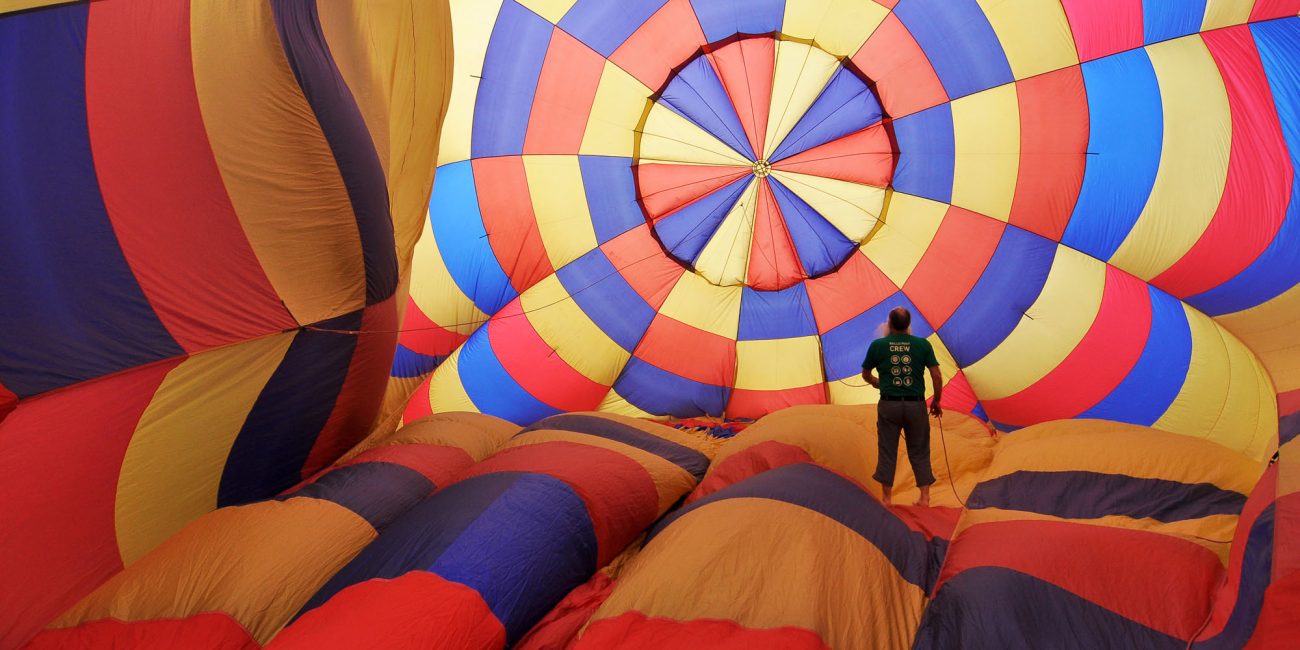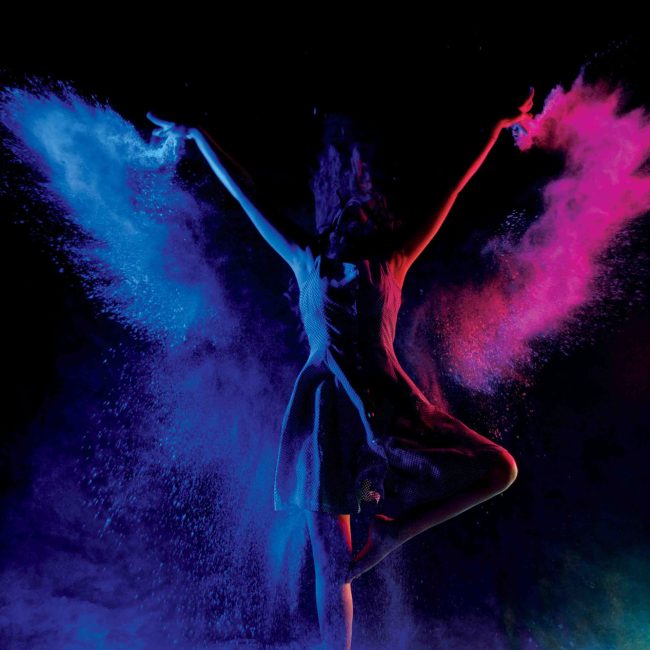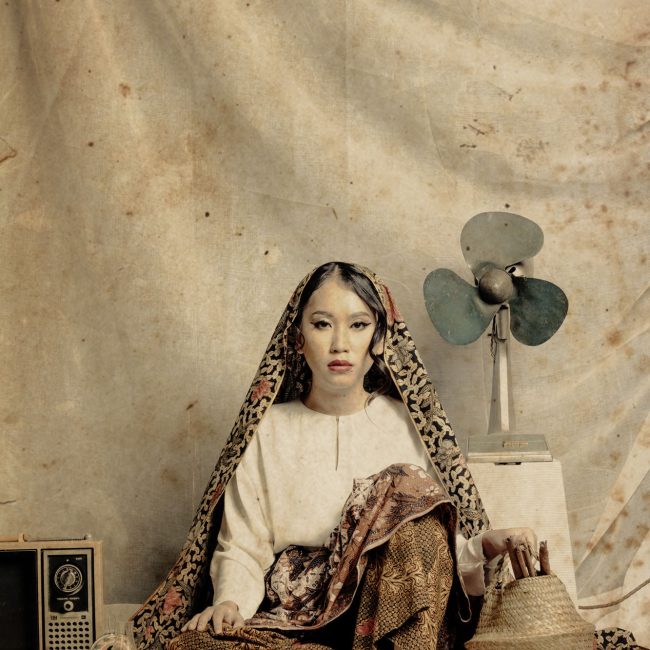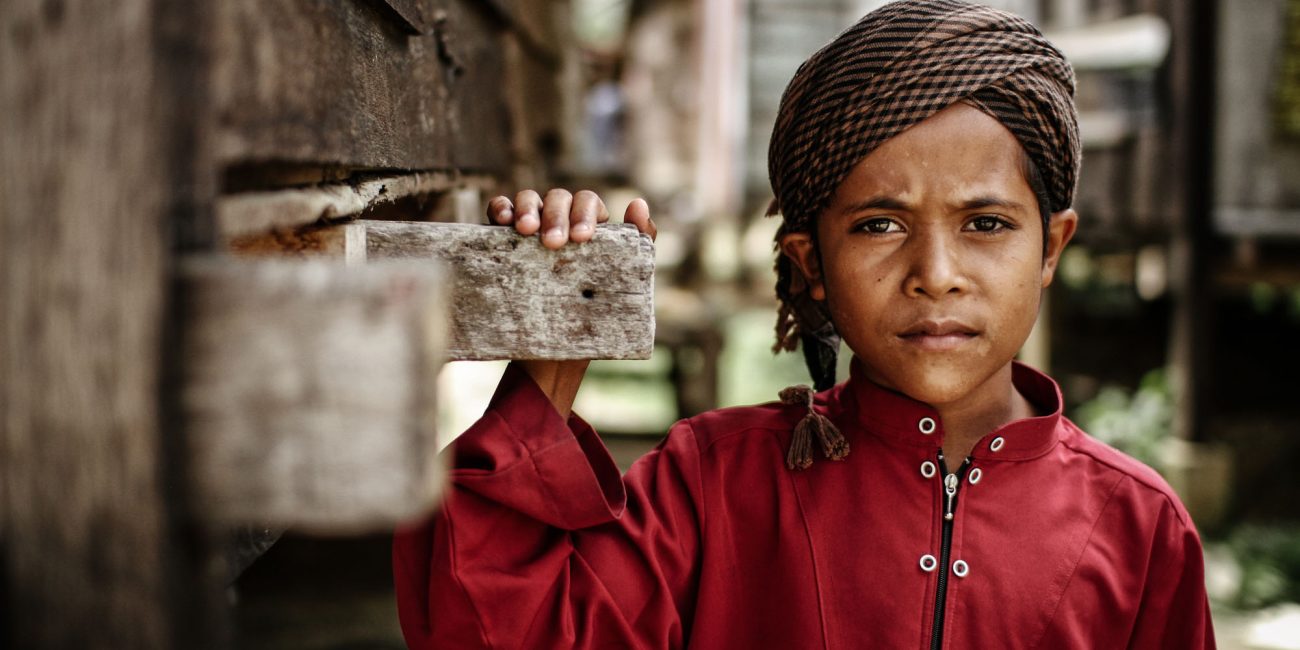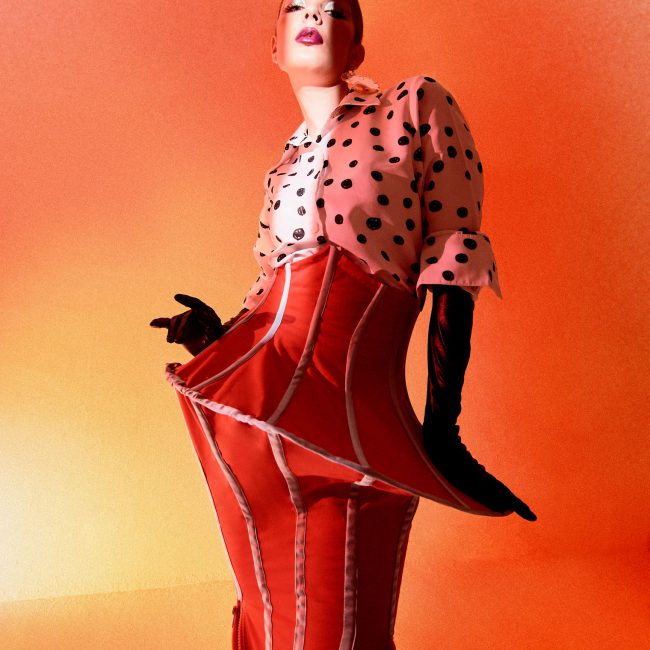



Years of Excellence
Graduates
Full-time Lecturers
Active Students
Program Courses
Creative Photomedia Department
The first institution in Malaysia to offer a bachelor’s degree program in photography, the department enjoys a national reputation for excellence in professional and vocational education, applied projects, and engagement with the needs of industry and the community.
Faculty of Art
& Design
The Faculty of Art & Design (FSSR), established in 1967, is a pioneer in Malaysian art and design education. Offering diverse programs from Diploma to PhD. FSSR blends technical skills with theoretical understanding, nurturing creative talent for various industries. It's committed to academic excellence, research, and developing innovative graduates, solidifying FSSR's position as a leading art and design institution.
Industry-Standard Facilities
Access to the latest equipment, technology, and tools including digital cameras, lenses, lighting equipment, and editing software. Professional-style studio to practice shooting in different lighting conditions and setups, as well as access to printing and darkroom facilities to create physical prints of artwork. Library and resource centre that provides access to photography-related books, magazines, and other materials. We provide comprehensive and practical facilities in photography education, preparing you for a successful career in the field.
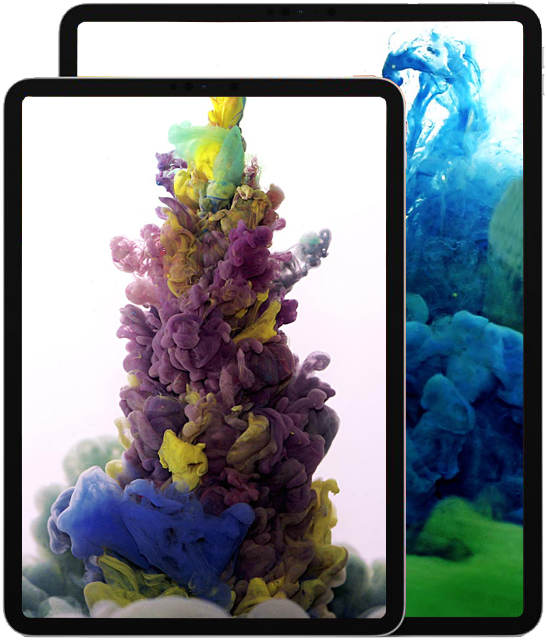
Research Skill + -
Explore the various aspects of photography beyond technical skills and artistic principles. This may include the sociological, historical, and cultural contexts of photography, as well as its impact on society and its role as a means of communication. Learn research methods and techniques for analysing and interpreting photographs and the photography industry.
This may include the study of photographers, genres, styles, and movements, as well as the examination of the business of photography, including the production and distribution of images. Ultimately, photography research provides a deeper understanding of photography as a medium and its place in the world.
Theory & Understanding + -
Understanding of the history and evolution of photography, including different styles and movements. This study will develop the skills and knowledge necessary to effectively communicate through photographs and create images that tell a story and evoke emotions.
Practical Skill + -
Additional digital imaging and post-production techniques, including image editing, colour correction, and file management. Through hands-on exercises and projects, develop technical photography skills and gain a deeper understanding of the underlying principles that shape the final image.
Management Skill + -
Create a successful photography business plan and navigate the industry to build a successful career as a professional photographer or photography manager. Develop additional essential skills in project management, financial planning, and communication, which will be valuable in any professional setting.
Industrial Placement + -
Gain hands-on, real-world experience in the field of photography. Work with professional photographers, photography studios, or other related organisations to gain practical skills and knowledge in the chosen area of photography. This could include assisting photographers on shoots, managing studio operations, or working on post-production tasks.
In addition to developing technical skills, there is also exposure to the professional environment to develop important soft skills, such as communication, time management, and teamwork. The industrial placement will provide valuable industry connections and insights, as well as the opportunity to apply the theory and skills learned in the classroom to real-world situations. This type of experience is essential in seeking to build a successful career in photography.
View Placements_
"The course has been challenging and it has been a joy to work through each module. It was exciting to wait for each of my assignments to be graded. I have been thrilled with the professionalism and the ease of taking this program."
- Hamzi Hilmi -
"After taking this photography course with the Creative Photomedia Department, I am now a professional Photographer. One who knows and understands the craft and gets paid for it."
- Farah Zulaikha -
“Photography has always been my passion, and studying at the Creative Photomedia Department of UiTM prepared me to be a photographer with the right knowledge and understanding of the industry.”
- Ahmad Zikri -



